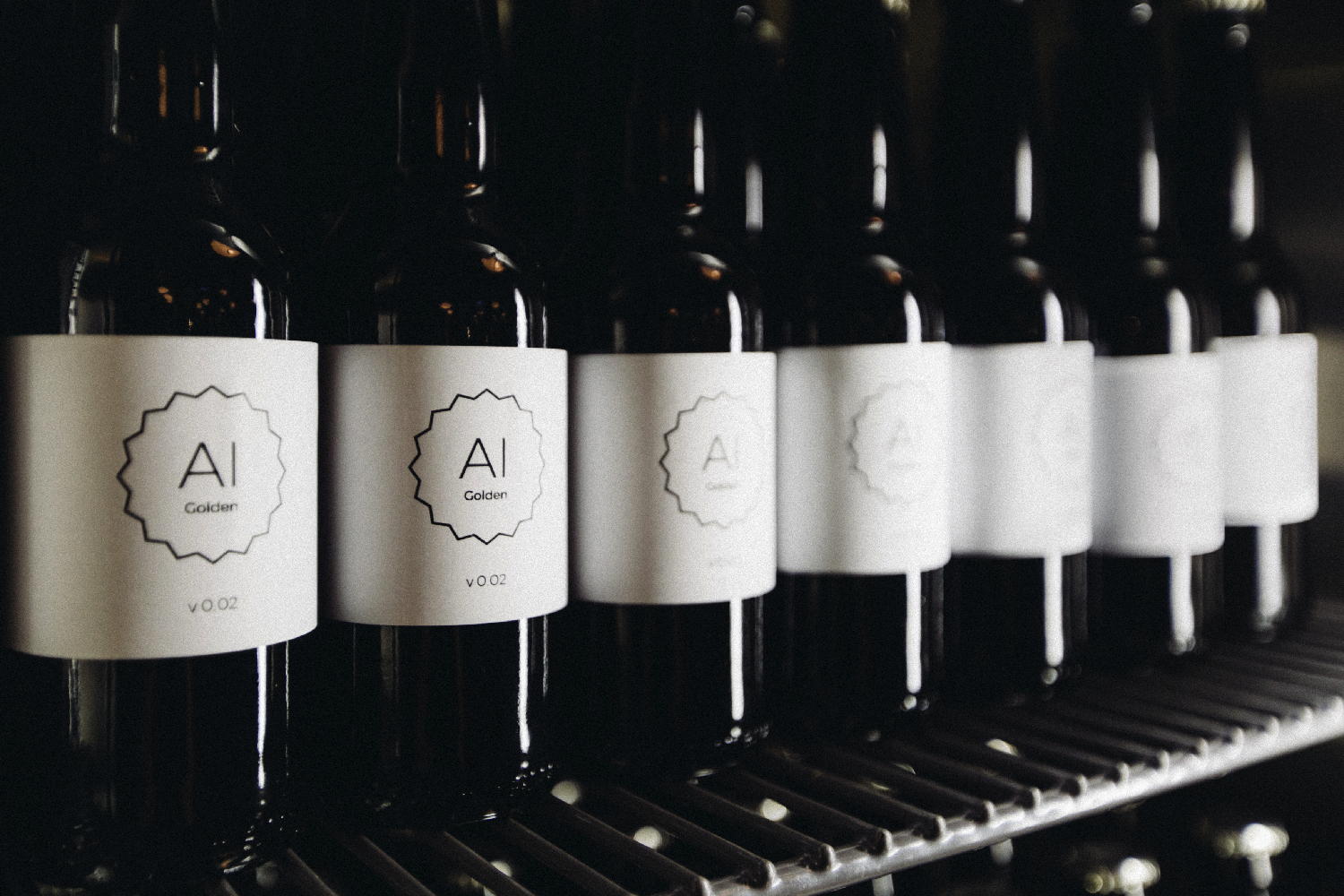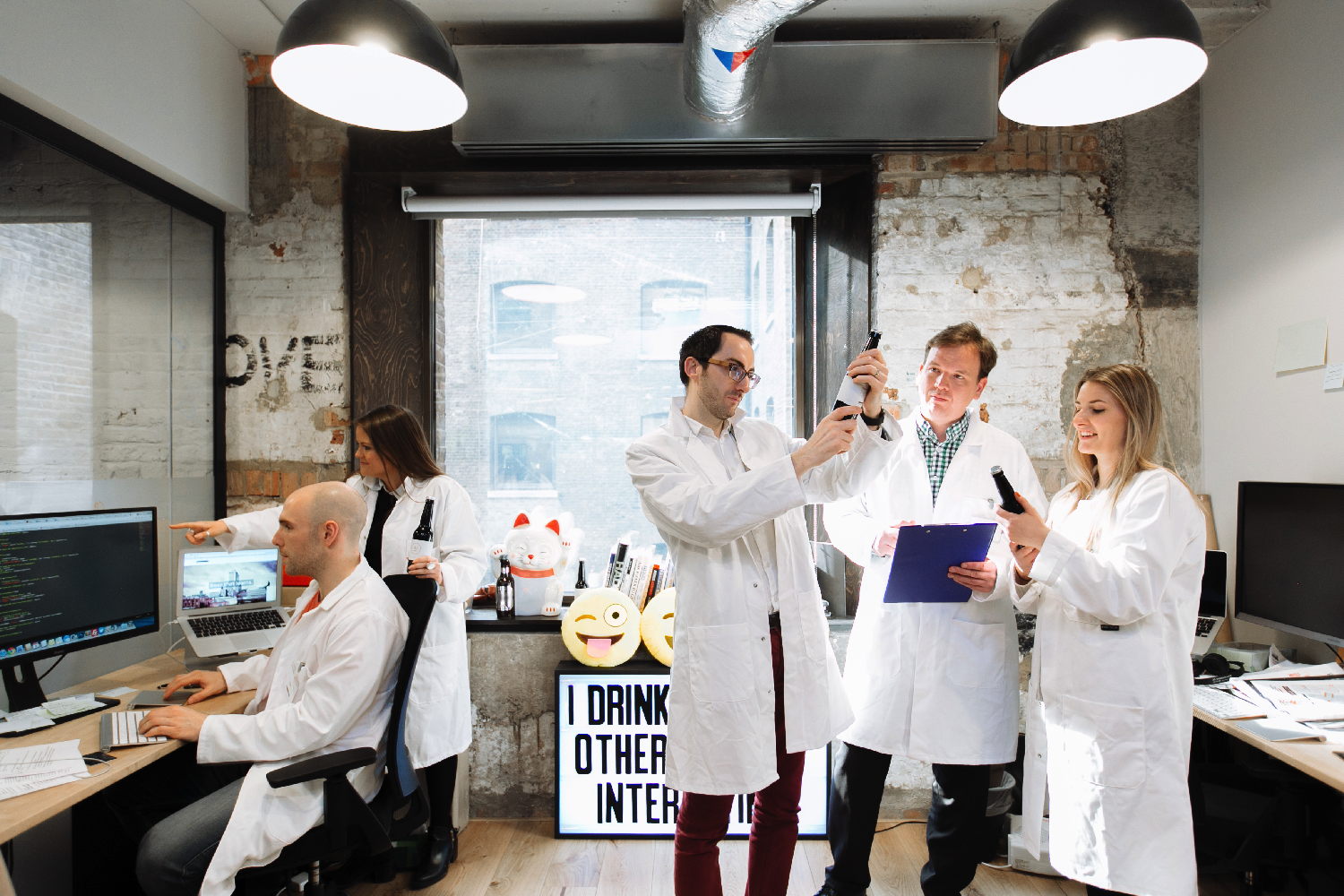Could Artificial Intelligence be the key to brewing the perfect beer? That’s the working hypothesis of the good folks behind U.K.-based company IntelligentX Brewing Company, a collaboration between machine learning startup Intelligent Layer and creative agency 10x.
In a world first, IntelligentX is creating beer using a combination of data science and Artificial Intelligence. So far it’s created Golden, Amber, Pale and Black variants — and it is using some cutting-edge technology to do so.
“We have created a beer which uses AI to improve itself from customer feedback,” Hew Leith, IntelligentX’s CEO, told Digital Trends. “In a traditional brewery, the brewer makes decisions on what to brew based on trends, their own intuition, or anecdotal feedback from people who tried previous batches. They may or may not take onboard this feedback for the next batch. With our beer we use machine learning to give the brewer superhuman skills, enabling them to test and receive customer feedback more quickly than ever before. This means we can respond to consumers’ changing tastes faster than traditional brewers.”
IntelligentX’s beer-brewing algorithm, called ABI, uses customer feedback data, provided via a Facebook Messenger bot, to tell the company’s master brewer what to brew next. ABI also has a bank of wild-card ingredients — such as adding fruit to a recipe, in a bid to create beer which pushes the boundaries of what’s possible within craft brewing. As feedback is received, the algorithm can modify itself in order to produce beers which pleases the largest number of users — using AI techniques like reinforcement learning and Bayesian optimization.
“This is a different approach to deep learning as used by companies like Google’s DeepMind,” Leith says. “What happens if you don’t have millions of data points to train a deep learning algorithm? Clearly we can’t make a million beers, so we need to carefully manage uncertainty in the model so that what information we do have is used very efficiently. Instead of deep networks, we use a Bayesian non-parametric approach which is better suited to this type of problem.”
All appears to be going well thus far — with IntelligentX’s beer already available at select venues in London, and plans for tasting events and brewery tours for people who sign up to show their interest.
Now we just need to ponder the most important question in all of this: What happens if Skynet gets drunk? Because that seems like a recipe for disaster.







